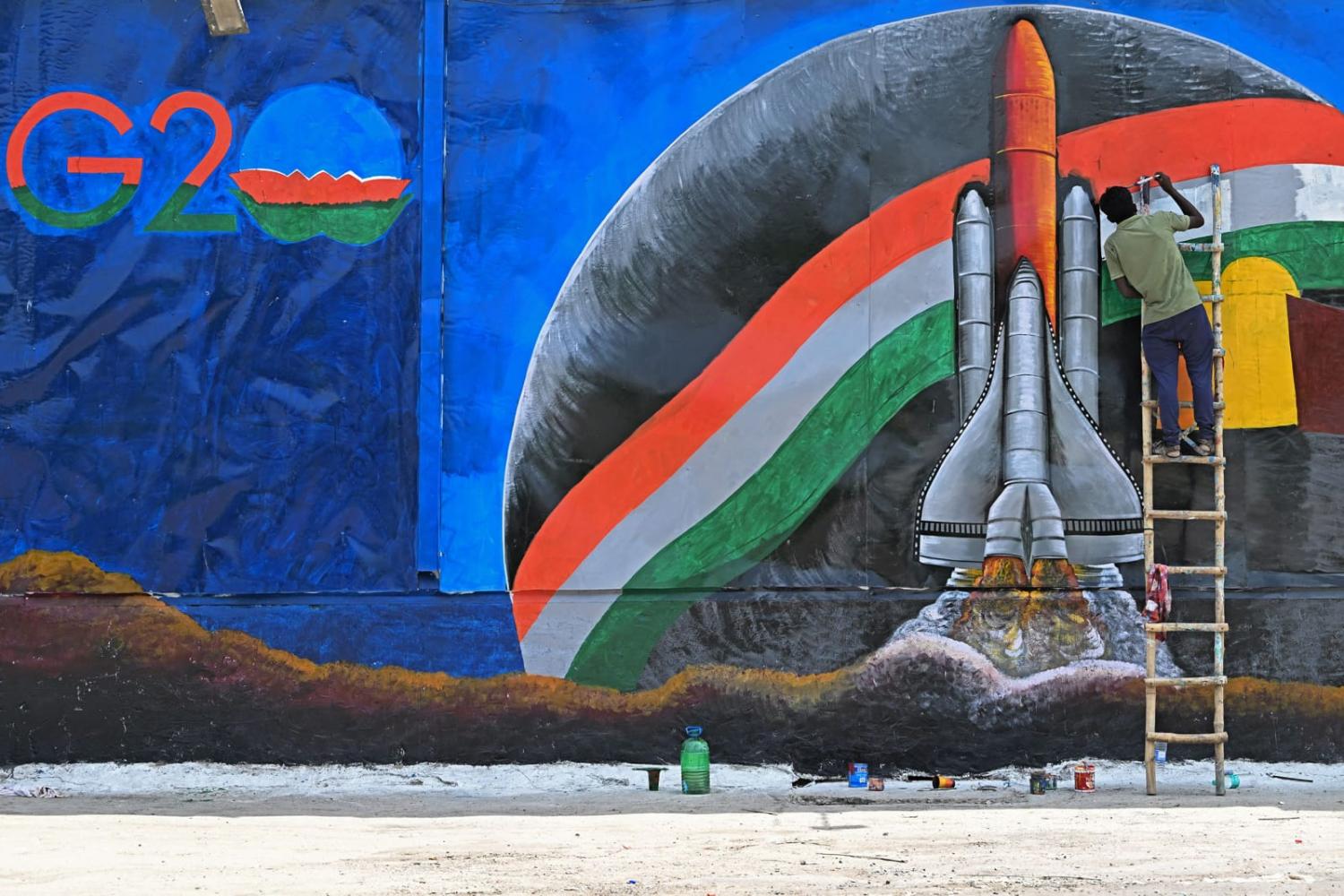When it became clear that China’s President Xi Jinping had decided to skip the G20 summit in Delhi this week, it was the final blow to the opportunity that the forum presented to restore “normalcy” in India-China relations. In the three years since border tensions have flared up between the neighbours, a protracted military standoff has become the defining thorn in bilateral relations. Consequently, the trust deficit between the two countries has steadily increased to levels perhaps last seen during the 1962 border war.
In the run-up to the G20 summit, there had been signs of a possible rapprochement in the works. Commander-level talks between India and China had generated some hope of resolving standing issues, and the two sides committed to “maintaining peace and tranquillity” at the border. The talks were further accompanied by a surprisingly optimistic joint statement.
In retrospect, the timing clearly suggests that the talks were meant to facilitate a conversation between Modi and Xi on the sidelines of the BRICS summit in Johannesburg, and thereafter during the upcoming G20 summit. Indeed, the two leaders did meet briefly in South Africa, albeit “informally”, and reportedly agreed to direct their officials to expedite disengagement and de-escalation at the border.
However, the positive signals soon gave way to fresh discord. What was seen as instances of India softening its stance at the border in order to reach a more stable modus vivendi with China failed to draw a proportionate Chinese response. Instead of building on the agreement between the leaders, Beijing deliberately announced that it was Modi who had sought the meeting (arguably to indicate Indian weakness). This led to rebuttal from Delhi, stating that the meeting took place due to a “standing request from the Chinese side”.
Within days, Beijing published its “standard map” that showed parts of Ladakh and the Indian state of Arunachal Pradesh (which China sees as South Tibet) as part of China. Unsurprisingly, Delhi lodged an official protest, stating “Arunachal Pradesh was, is, and will always be an integral and inalienable part of India”. Then came news that Xi was cancelling his expected appearance at the G20.
China has shown little enthusiasm for stabilising relations based on mutual respect and sensitivity.
While India and China claim to have “resolved” five out of seven friction points on the border, indicating relative success in bilateral negotiations, the situation on the ground is less sanguine. What is termed as “resolved” actually amounts to establishing delineated “zones of disengagement” (or buffer zones) in areas previously under Delhi’s control, to prevent another inadvertent fatal skirmish, such as the one that occurred in Galwan Valley in 2020. However, such buffer zones carry a cost, as they could compromise India’s territorial integrity over time and risk becoming the de facto “Line of Control”. It is another example of what has been referred to as China’s “salami slicing” tactics in disputes involving Taiwan or the South China Sea.
On the border, China’s intense military buildup over the last three years speaks louder than words, and indicates that Beijing has ruled out the prospect of any real de-escalation.
Clearly there is a mismatch of ambition. While Modi’s India sees itself as a civilisational (and a rising great) power equivalent to China, and an important pole in the evolving multipolar world, Xi’s China has desired and shown willingness to work towards Asian unipolarity. This sentiment cannot be overstated. Delhi strongly believes that if India dithers in its competitive coexistence with China, it will be reduced to a de jure secondary power in Asia, dashing its pursuit of great power status.
So far, a strategic partnership with Russia had played an important role in India’s vision of multipolarity. However, the implications of the “no-limits partnership” between Moscow and Beijing are still playing out, and Delhi may not be in a position to rely on “China’s junior partner” any further.
Instead, Delhi has turned to Washington, and sought out a clear alignment with the United States on a range of issues, extending to the latter’s Indo-Pacific strategy. Further, it has embraced defence deals with Washington that will create decades of co-dependencies, even though scepticism over any security-related reliance on (or alliance with) the United States continues to run deep within Indian strategic circles. For its part, the United States has shifted towards a position on the India-China border stand-off that clearly and publicly favours India, and repeatedly reinforced the importance of its partnership with India.
As the G20 leaders’ summit begins this week, Delhi will be forced to take note of the conspicuous absence of both Xi and Russian President Vladimir Putin, and be reminded of a joint statement issued by the two leaders in March this year, opposing the use of multilateral platforms to bring up “irrelevant issues”. It is no coincidence that not a single joint statement has been released so far following the nearly 20 ministerial meetings held under India’s G20 presidency, largely due to China and Russia’s uncompromising positions. The prospect of a joint communiqué after the leaders' summit may similarly be in jeopardy.
The G20 was supposed to be India’s moment in the sun, and it’s telling that in this moment, Modi finds himself surrounded only by Western leaders and their allies.

